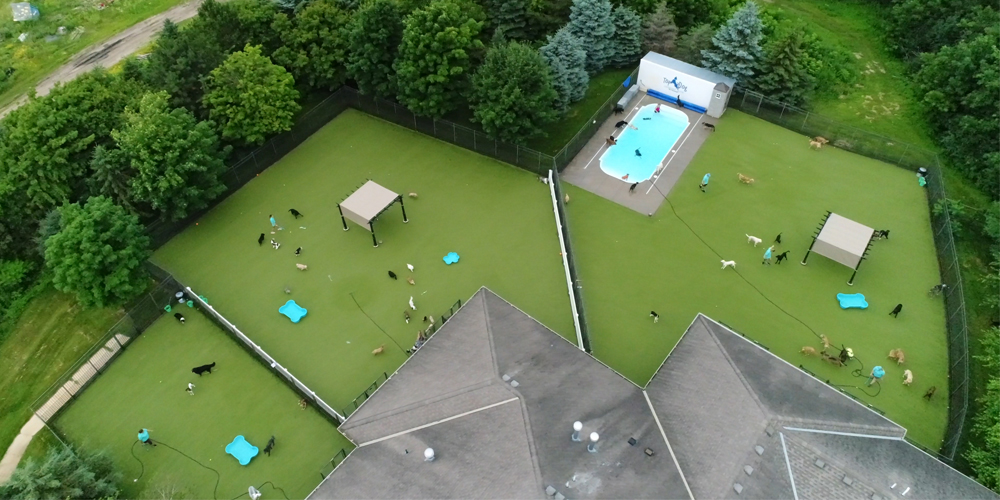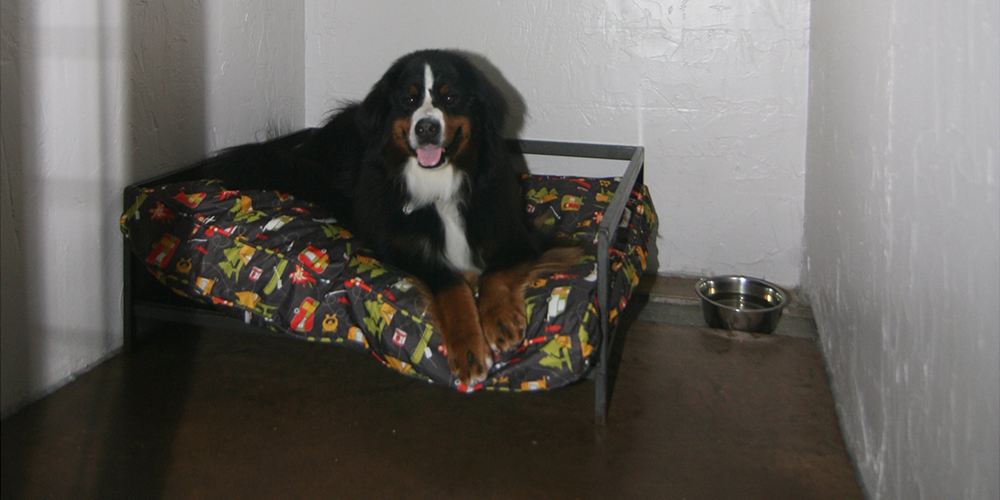Minnesota Small Business Owner Pleads For Another Round of PPP
The NFB Research Center released the latest COVID-19 related survey assessing the health crisis impact on small businesses. Congress is currently negotiating additional financial support for small businesses after the initial Paycheck Protection Program (PPP) loan period expired on August 8. If eligible, 44% of small businesses surveyed said they would apply or re-apply for a second PPP loan with another 31% saying they would consider applying for one.
“As we continue to navigate this unprecedented health and economic crisis, we need to make sure we are supporting the people who keep Minnesota’s economy strong: small business owners,” said NFIB State Director in Minnesota, Mike Hickey. “While many small business owners have been able to safely get their employees and customers back and their businesses up and running again, others have not. There are many Minnesota small business owners who are on the verge of closing their doors. Congress needs to step up and help them out. If something doesn’t happen very soon, Minnesota stands to lose thousands of job creating, employee supporting small businesses.”
In New Germany, Minnesota, just west of Minneapolis, Jean Stelten-Beuning is hearing a lot less from the happy, yapping pups these days. That’s not a good thing. Jean is used to the sounds of dogs playing happily as they splash in the swimming pool, race to retrieve tennis balls, or bark with delight waiting for freshly baked apple cinnamon oatmeal biscuits. She is the creator, owner, and operator of a very successful vacation club for dogs; Top Dog Country Club – “The Un-kennel” – the first facility of its kind; receiving international press.

Jean poses with her Sheltie’s.
When Jean was a VP for Marriott international, she traveled a lot for work and always left her shelties with a dog sitter in her home. However, when one of her dog sitters canceled on her at the last minute, she was forced to take them to a kennel, where they had a horrible experience. Jean spent the next decade inventing a new kind of dog boarding facility, which she opened in 2000. “I run Top Dog just like I ran Marriott Hotels, except my clients have four legs and are furry . . . and frankly they’re a little easier to please!”
Top Dog sits on a 39-acre parcel just west of the Minneapolis Metro area, with 24,000 square feet of outdoor fenced in play with k-9 grass, a 34 foot heated swimming pool open April through November, private suites with plush beds, windows, in-floor heat, fully air conditioned and air purified, and music 24 hours a day. The guests enjoy adult-supervised group play and socialization 5-6 hours each day. Think quality and services of a Marriott resort, with the fun and activities of a ‘Club Med’ vacation for dogs. Owners don’t have to worry about their dogs while they’re away. “We provide pet parents peace of mind when they travel, knowing their dogs are safe, happy, and having the vacation of their lives. The dogs go home and sleep for about two days because of all the exercise, mental stimulation and fun they’ve had. We call it “The Top Dog hangover.”

Top Dog Country Club is located in New Germany, Minnesota.
Jean’s small business has thrived the past 20 years – until the coronavirus hit back in March. That’s when her revenue dropped to just 5% compared to a normal year. People stopped traveling just as spring break was getting underway. April and May were horrible. State restrictions limited the services Top Dog was able to provide. Jean was able to keep her doors open and pay her employees with her own personal funds for a short time, then felt grateful to secure a Paycheck Protection Program loan. Jean was extremely frugal with the money – she used 100% of the PPP funds to keep her 28 (17 full time and 11 part time) employees on the payroll. She has not taken any pay personally since early March and likely won’t for the balance of the year. However, that is not sustainable. Jean was able to stretch the first round of PPP money out until the middle of August but is going to need more help. Revenue is back but only to about 40% of where it should be as compared to a year ago. Travel industry experts are predicting that travel will not return to pre-covid levels until 2023 – if at all.

One of the suites at Top Dog Country Club.
“My small business is directly tied to people’s ability, willingness and desire to travel and right now, they’re scared to do that, and even if they do want to travel, all the events that they were traveling to attend have been cancelled, resorts closed, international travel shutdown. I refuse to let my business fail, but I cannot continue to float payroll without another round of PPP.”
Jean hopes Congress recognizes that the travel industry and the small businesses who depend on it have been devastated by the coronavirus – and will continue to be impacted for months even years to come. Jean doesn’t want a handout: she knows that once the pandemic is over, her customers will come back. However, when that will happen is unsure, and she needs money now to keep supporting her employees and their families.
Key findings from the survey include:
Most PPP borrowers (84%) have now used their entire loan, up from 71% in July.
- The 16% of borrowers are likely not far behind on spending.
- Most PPP borrowers (81%) applied for the loan through the financial institution that they normally use for business purposes.
- About 43% of borrowers plan to use the EZ form when applying for loan forgiveness,
Thirty-five percent of respondents have applied for an Economic Injury Disaster Loan (EIDL).
- Nearly three-quarters (74%) were approved for a loan and 9% were denied.
- About 18% still have not heard yet about the status of their loan application.
- Of those who applied for an EIDL loan, 22% of loan applicants are “very satisfied” with the EIDL program overall and another 44% were “satisfied.”
Almost half of PPP loan borrowers (47%) anticipate needing additional financial support over the next 12 months.
- If eligible, 44% of small business owners would apply or re-apply for a second PPP loan.
- Another 31% would consider applying for one.
Sales levels remain at 50% or less than they were pre-COVID sales levels for about one-in-five employers.
- Another 28% report sales levels of 50-74% from pre-crisis levels.
- Half (50%) are nearly back to where they were with some (14%) exceeding pre-COVID sales levels.
About one-in-five (21%) of small business owners report they will have to close their doors if current economic conditions do not improve over the next six months.
- Another 19% of owners anticipate they will be able to operate no longer than 7-12 months under current economic conditions.
- Over half (61%) are better situated and do not anticipate any near-term problems.
Most small business owners do not expect business conditions to improve to normal levels until next year at the earliest.
- Only 19% of owners anticipate conditions improving to normal levels by the end of the year.
- Six percent of owners say that conditions are back to normal now.
- Over half of owners (52%) anticipate it taking until sometime in 2021 and 20% believe sometime in 2022.
The CARES Act provided additional financial assistance of supplemental unemployment insurance benefits through July 31. The program presented a significant challenge to some small business owners.
- About one-third (32%) of small business owners reported that the extra $600 per week has hurt their business by making it harder to hire or re-hire workers.
- However, the UI program has also helped support customer spending, with 9% of owners feeling like they benefited from the program by putting more money in their customers’ pockets.
- Three percent of owners said they had to offer a higher wage to encourage a worker to come back to their job, and 4% reported having an employee agree to continue working but only with reduced hours in order to also receive the $600 per week benefit.
The threat of legal action against small business is a serious concern for 21% of owners and a moderate concern for another 34% of owners.
- Just under one-third (31%) are not too concerned and 14% are not concerned at all, likely due to limited contact with the general public or having few employees, if any.
About one-in-five (21%) of small employers have had an employee take COVID-19 related paid sick leave or family leave as mandated and offered through the Families First Coronavirus Response Act (FFCRA).
- Only 30% of employers have claimed the tax credit or an advance refund for reimbursement of these costs.
This publication marks NFIB’s 11th Small Business COVID-19 survey assessing the health crisis impact on small business operations, economic conditions, and utilization of the targeted small business loan programs. The first series was published in early March 2020 with subsequent publications every 2-3 weeks, found here. The full survey is available here.
